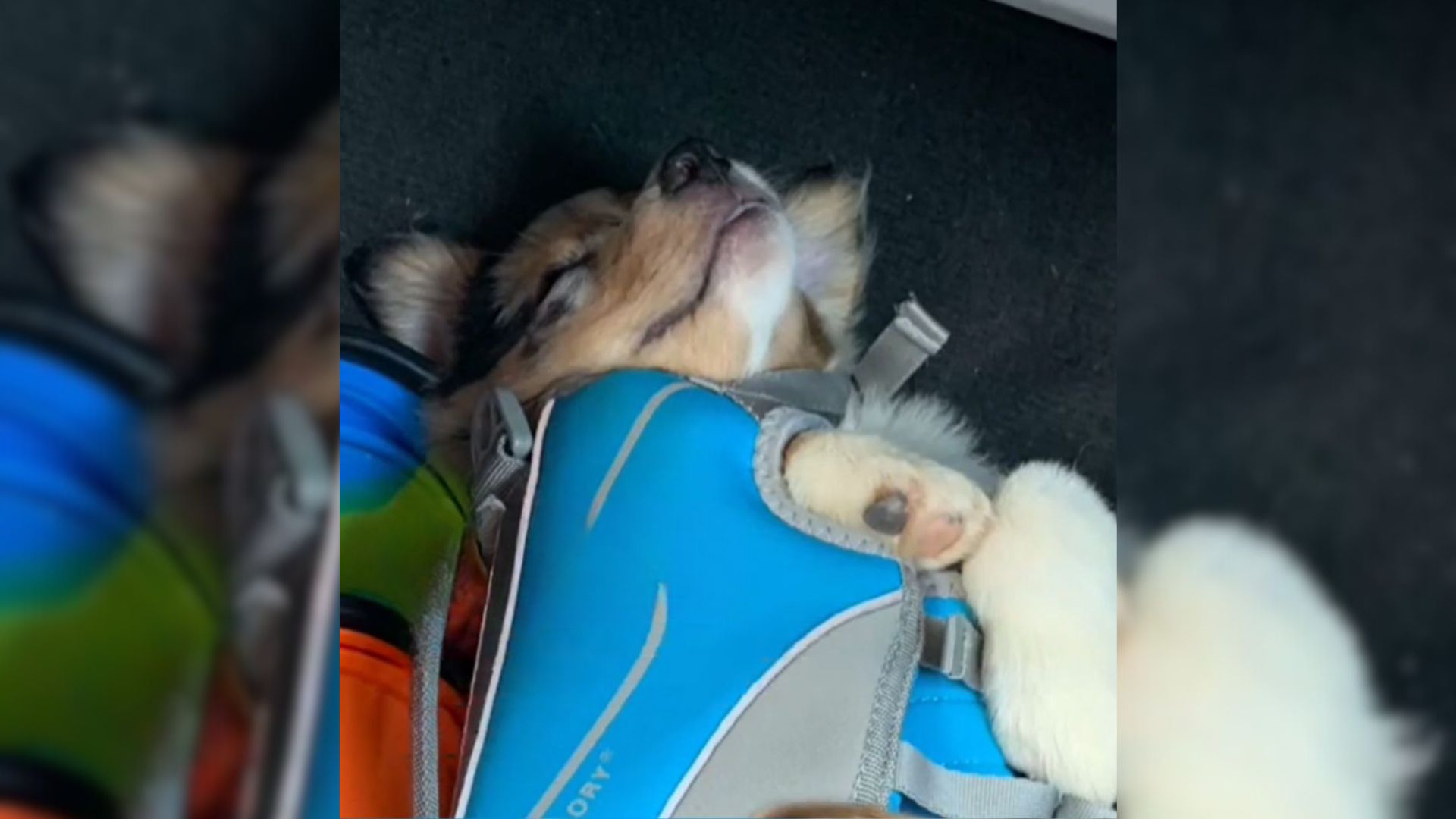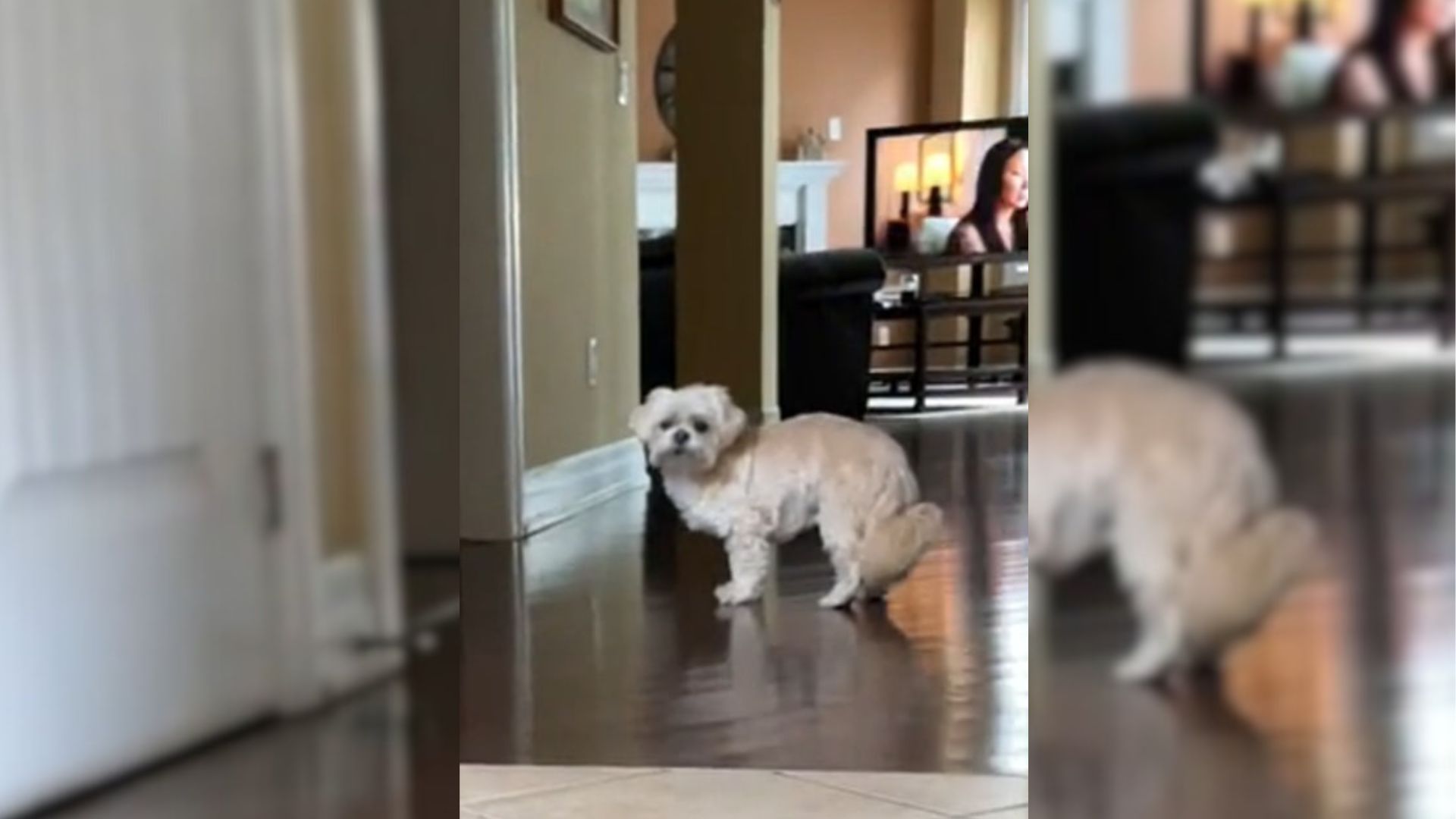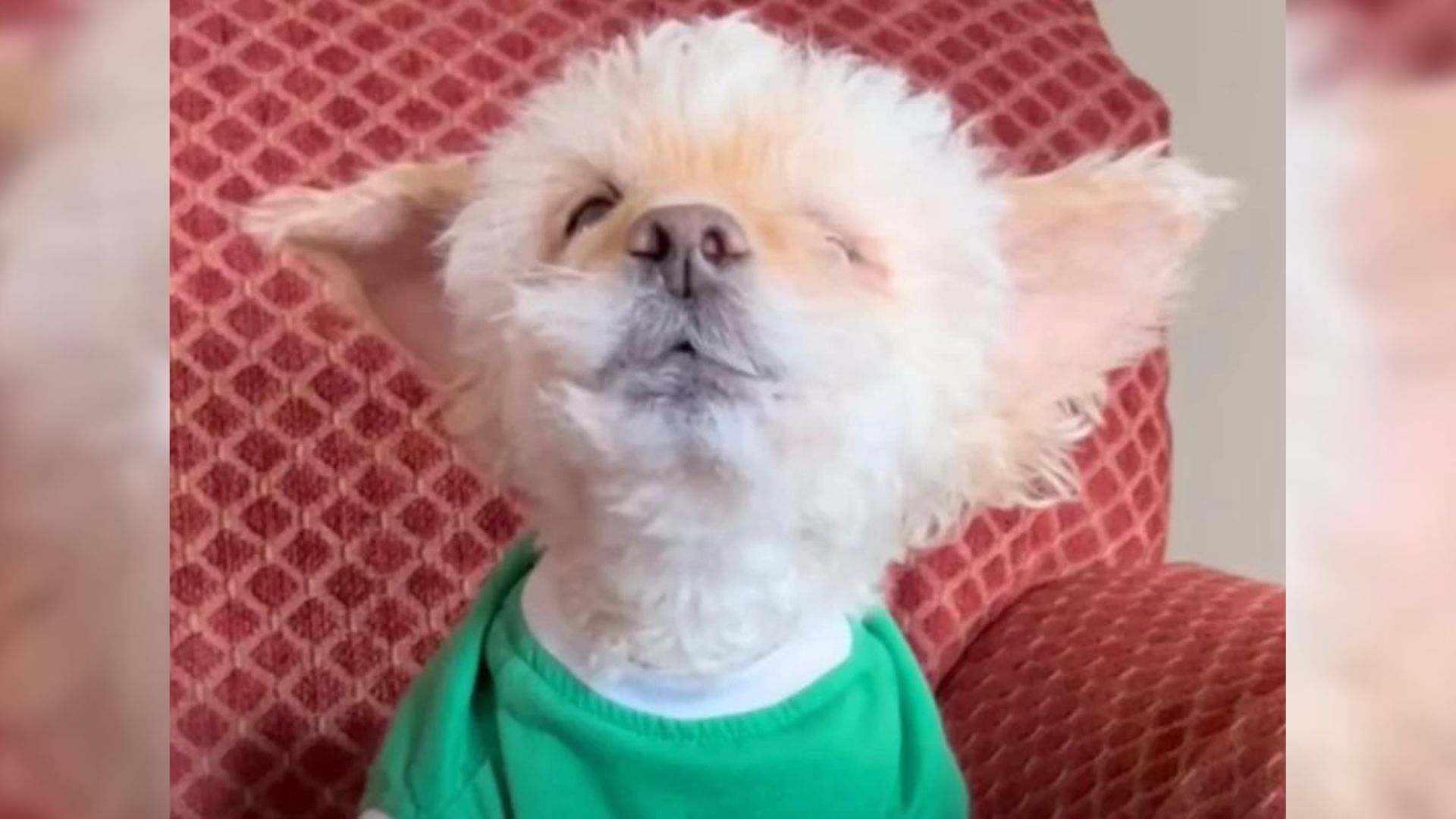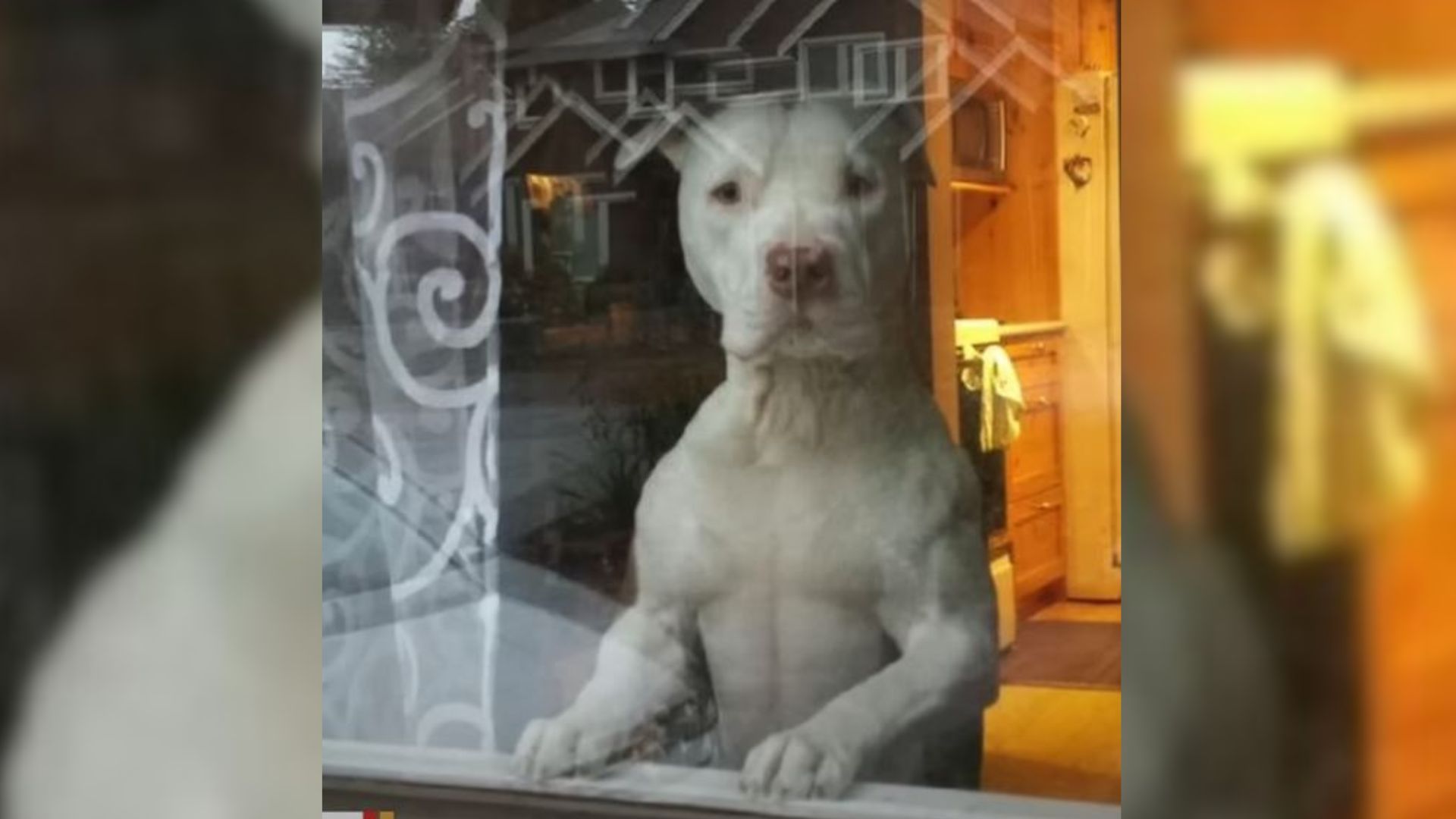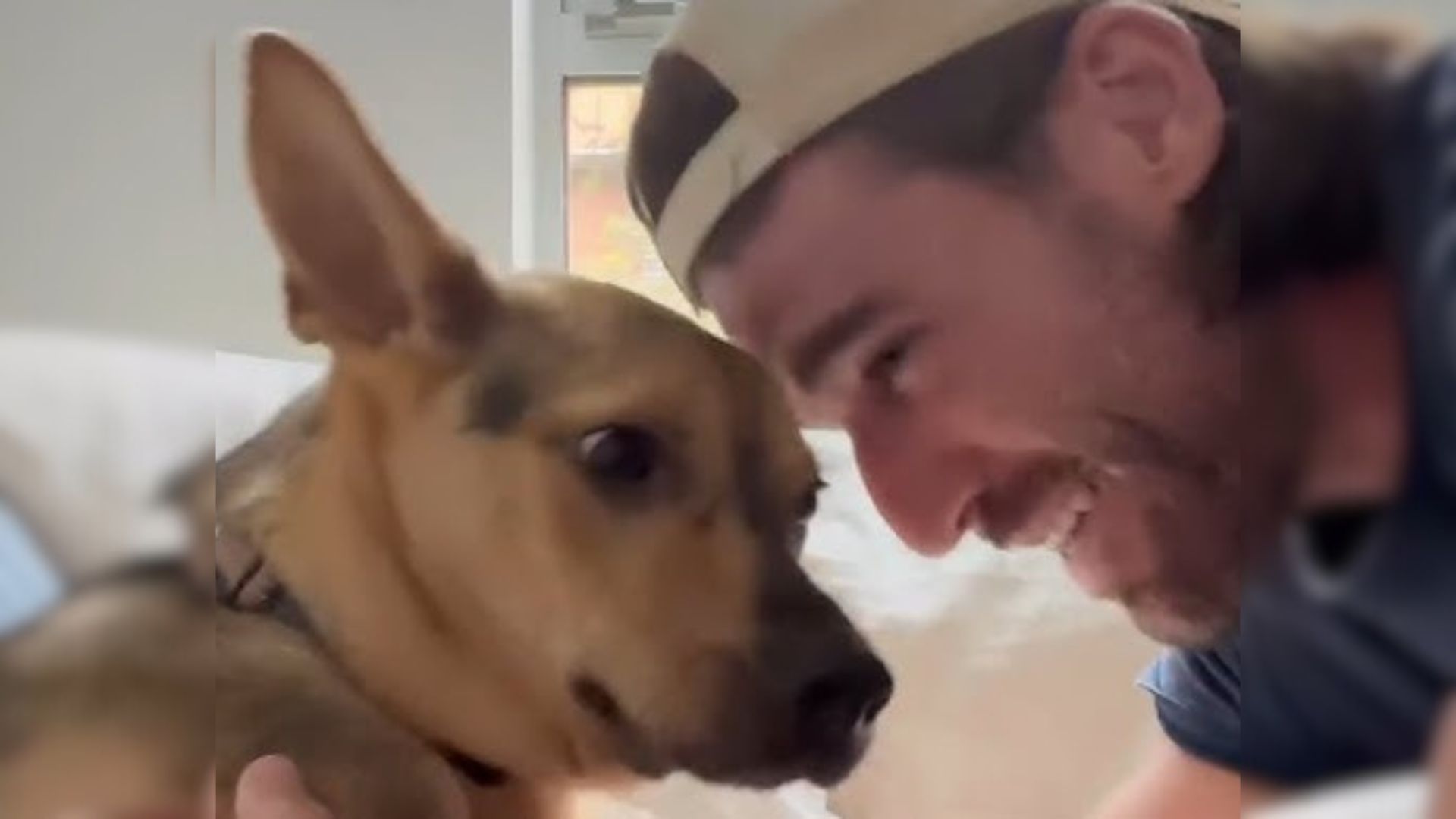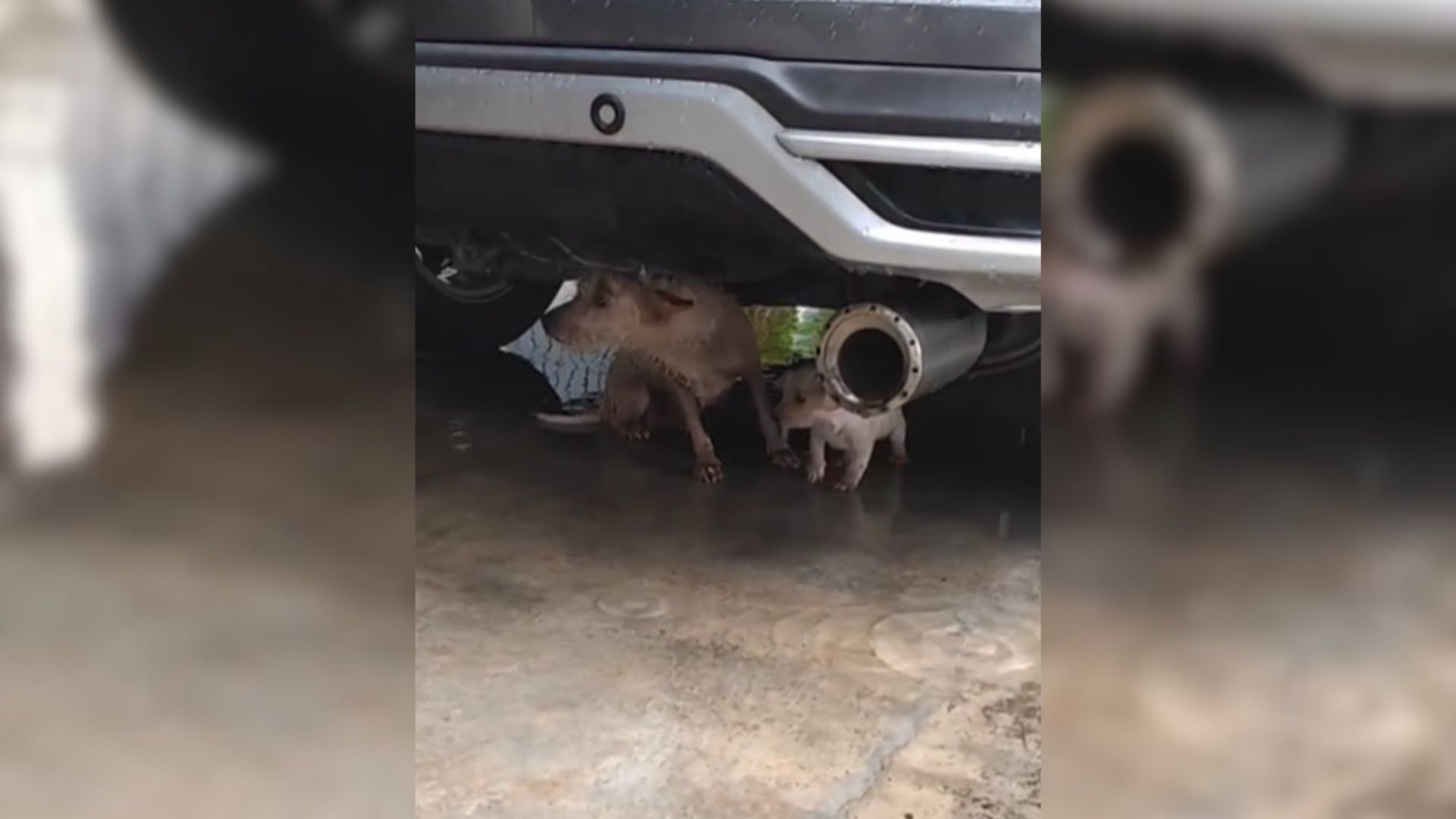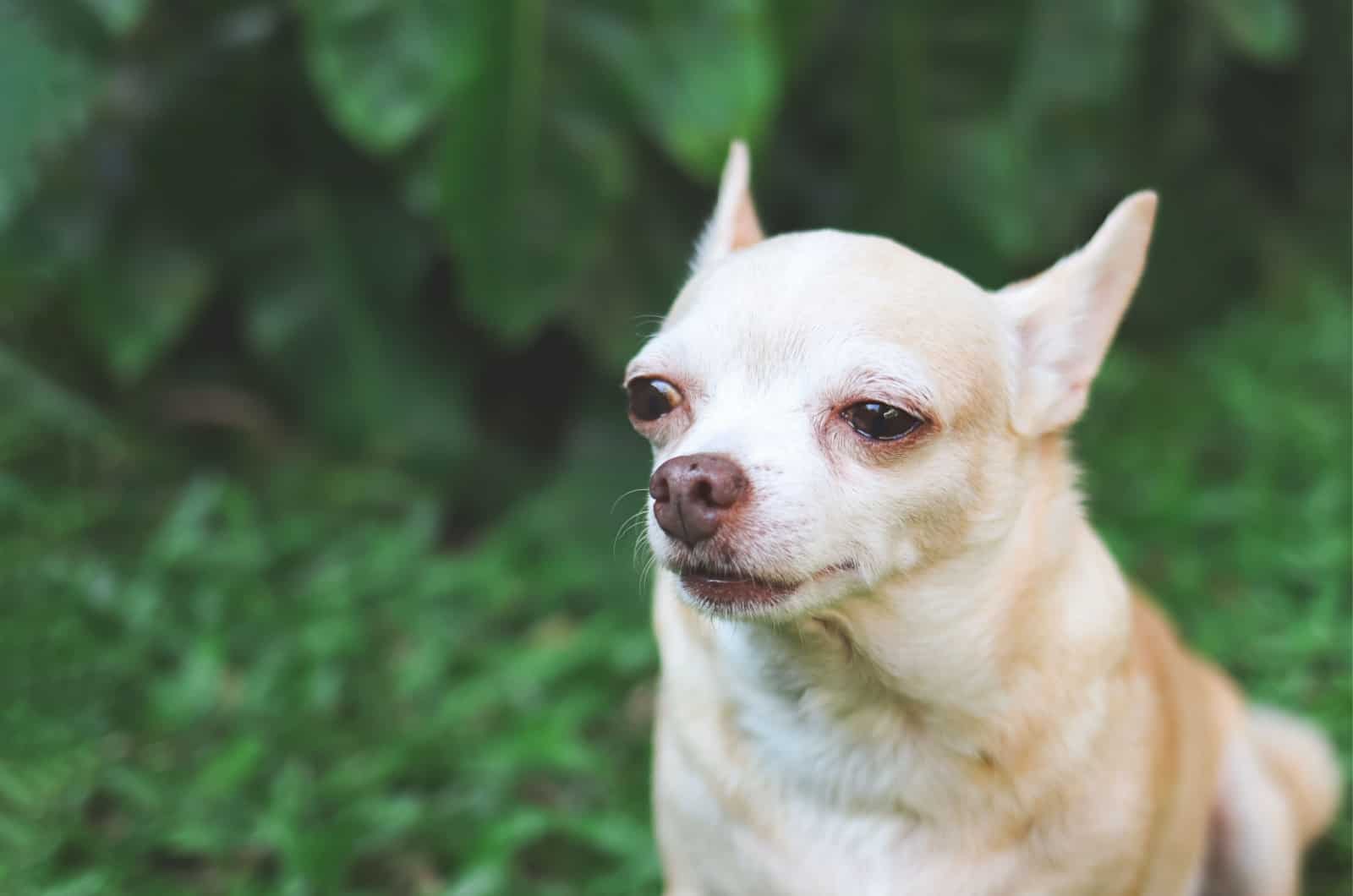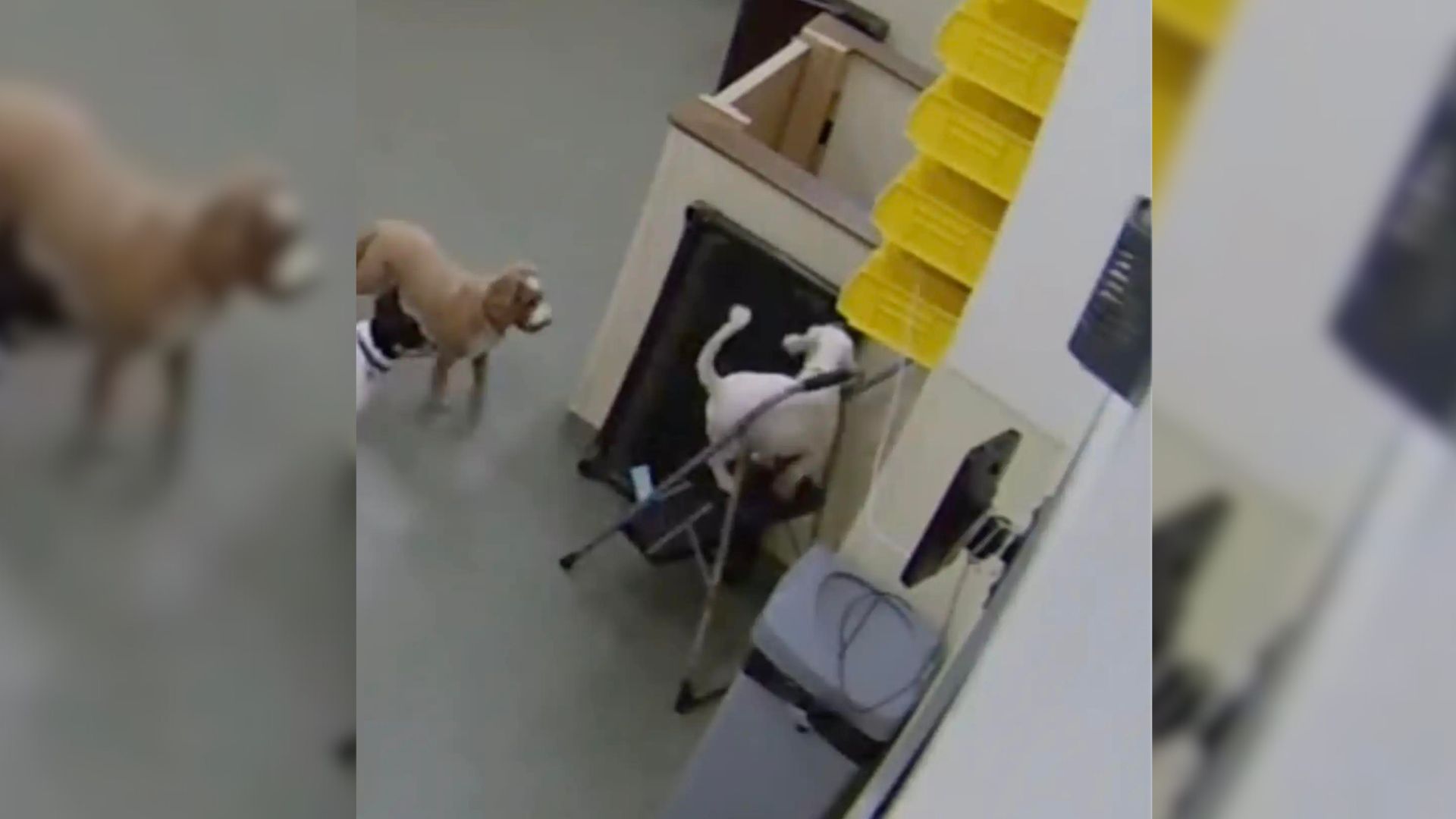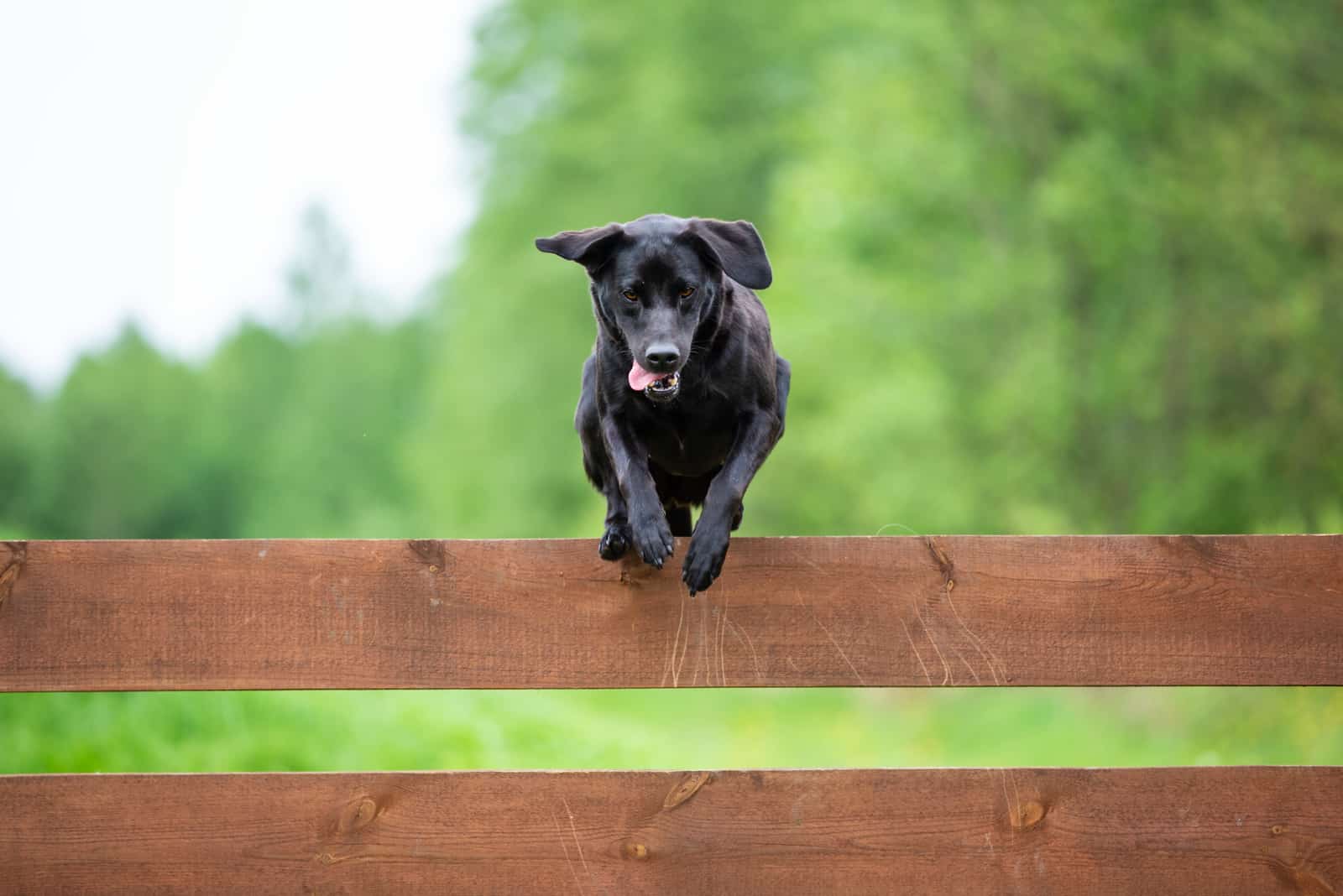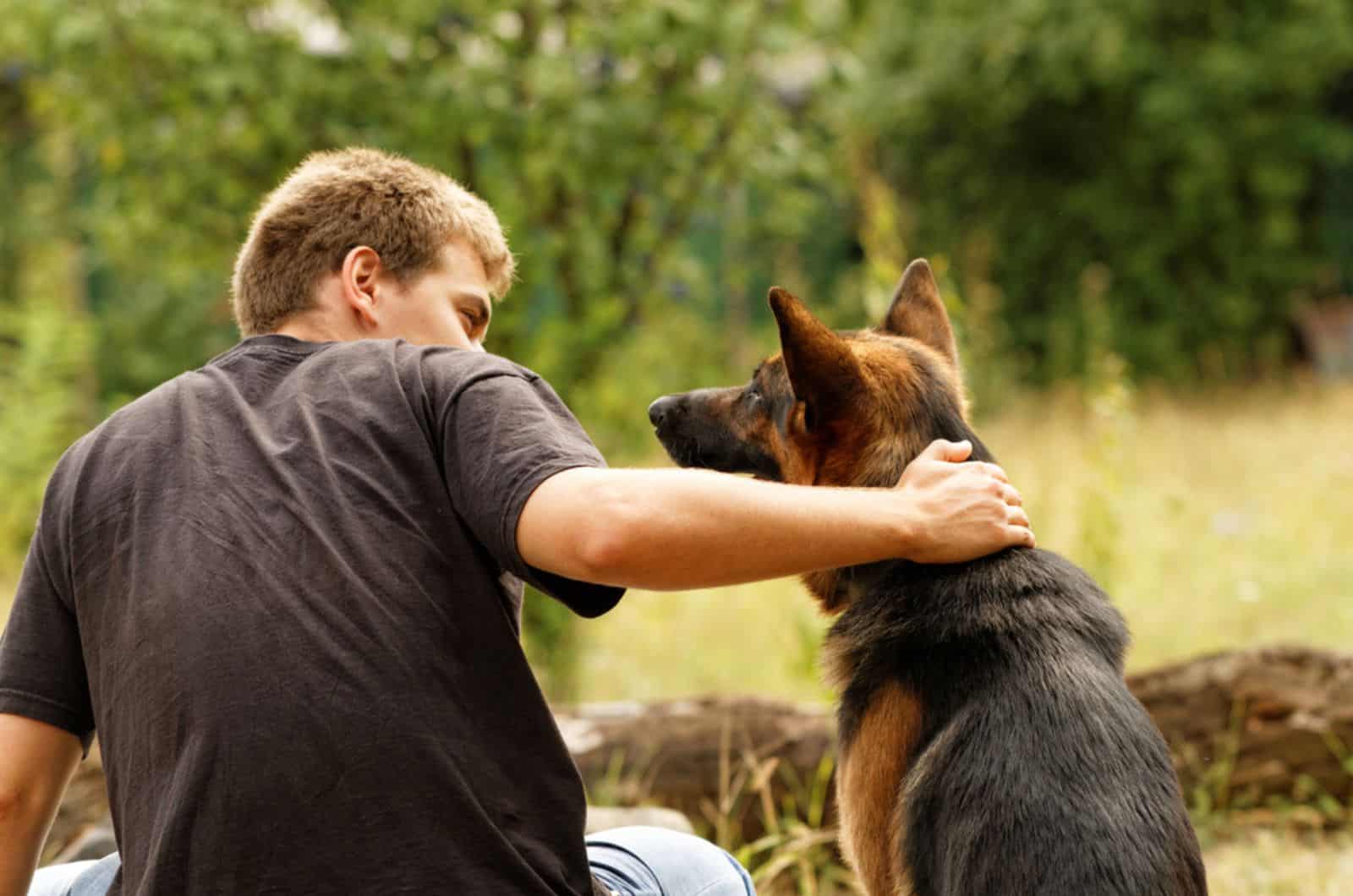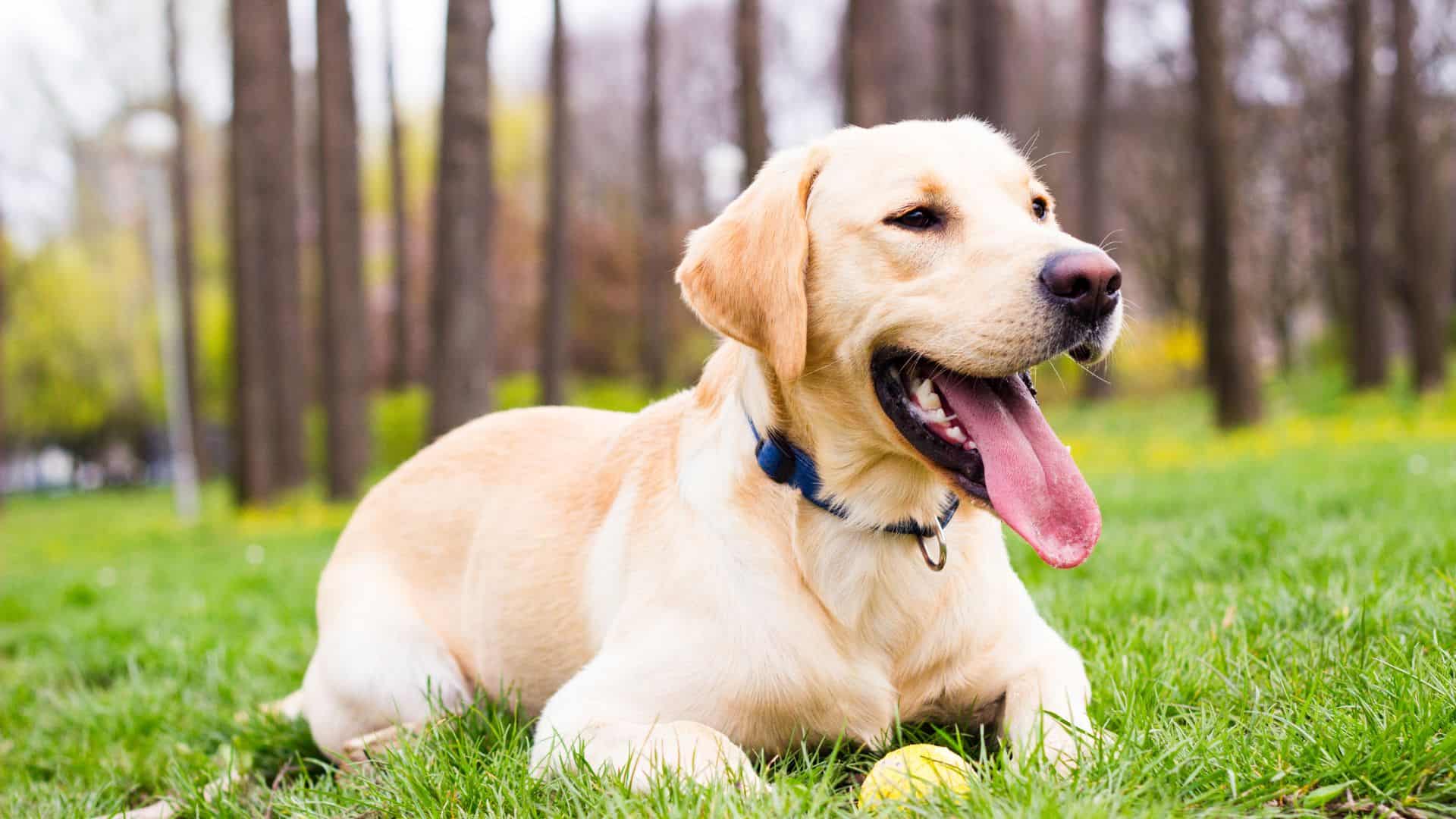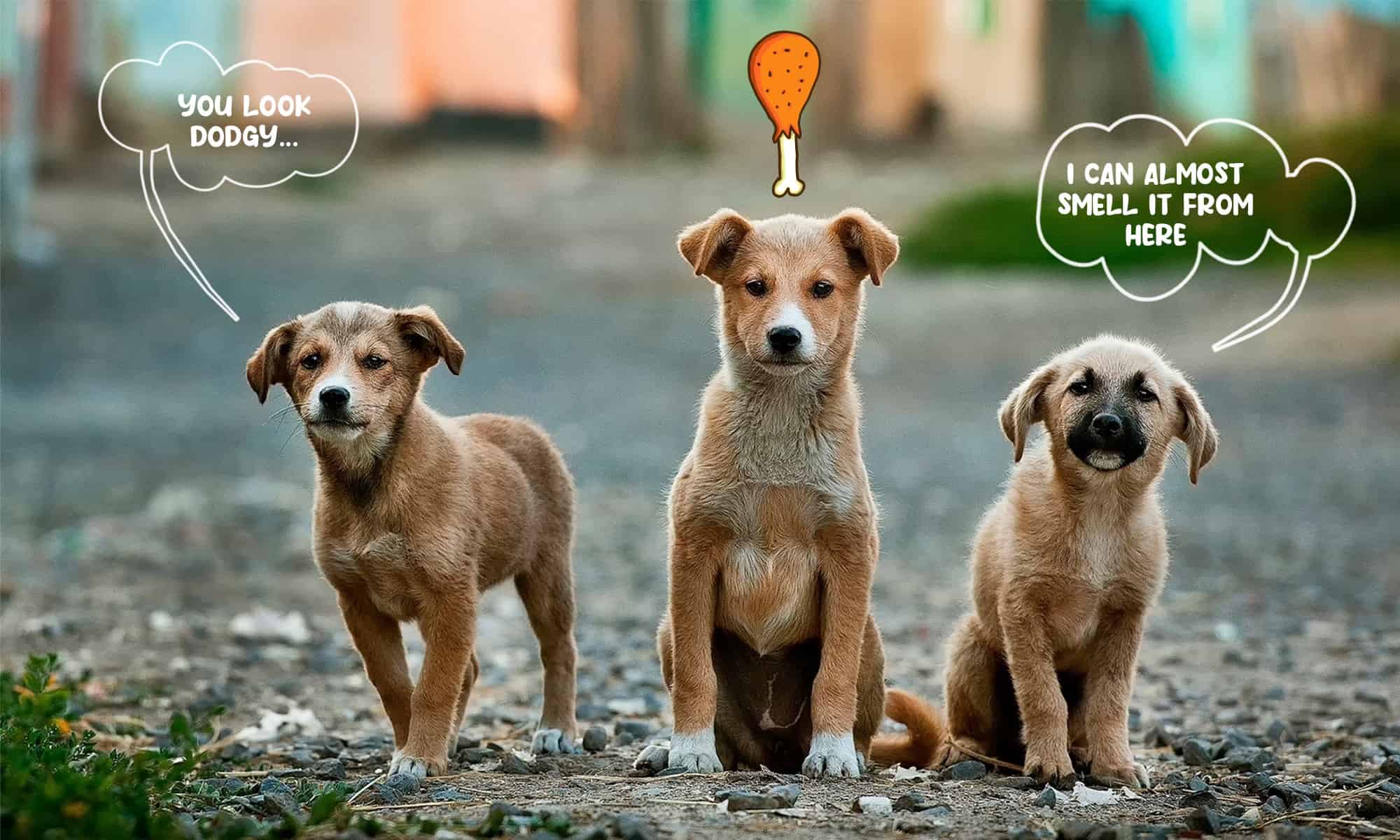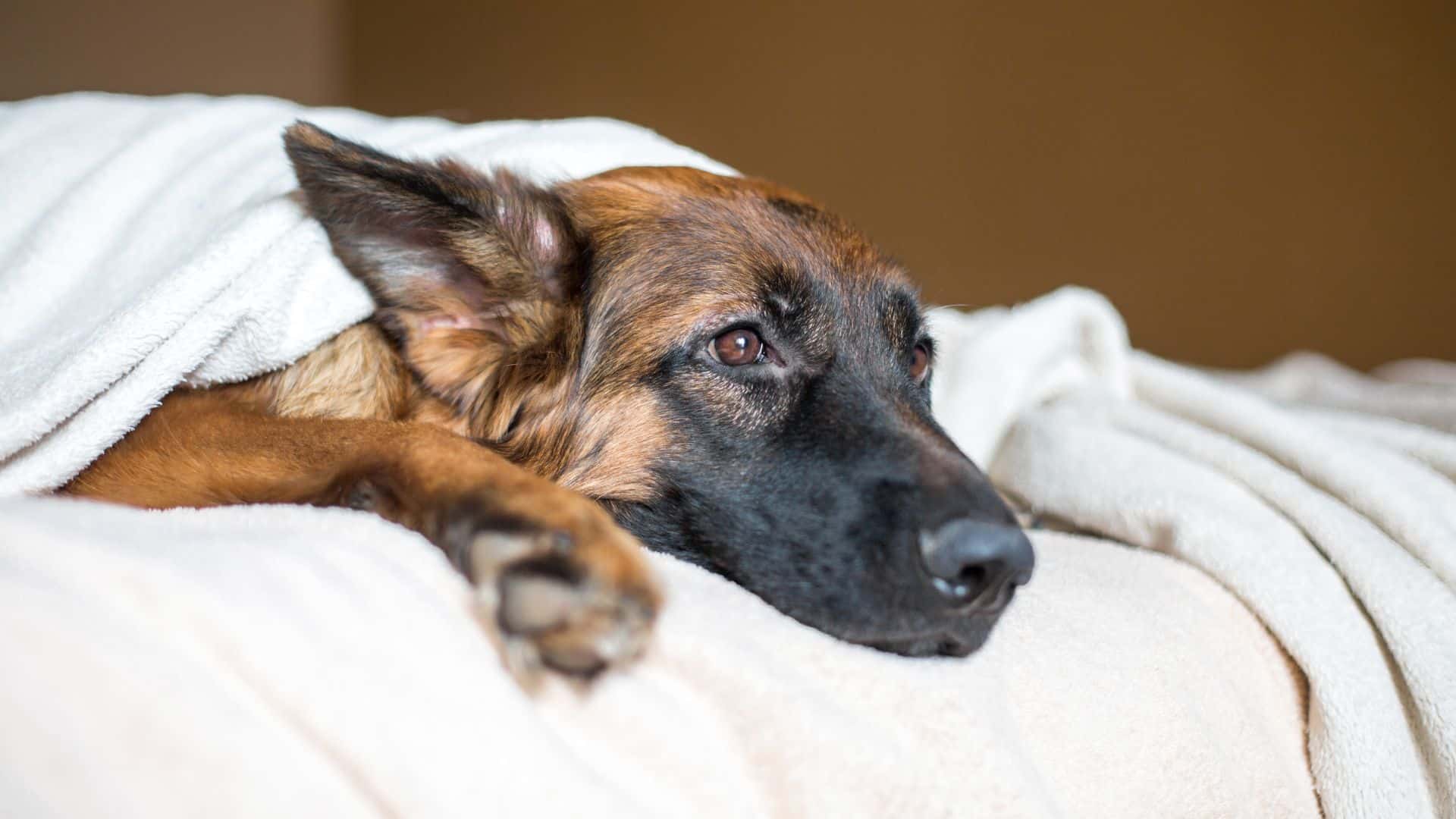Potty training a Rottweiler puppy is easy, especially if you stick to the advice in this post!
Housebreaking your dog for the first time is one of the milestones of owning a dog, and is something every dog owner is anxious about. But if you have the right mindset and a good approach, it doesn’t have to be difficult!
When it comes to Rottweilers, in particular, their combination of intelligence and eagerness to please makes them the perfect puppy to potty train.
7 Tips To Successfully Potty Train A Rottweiler Puppy
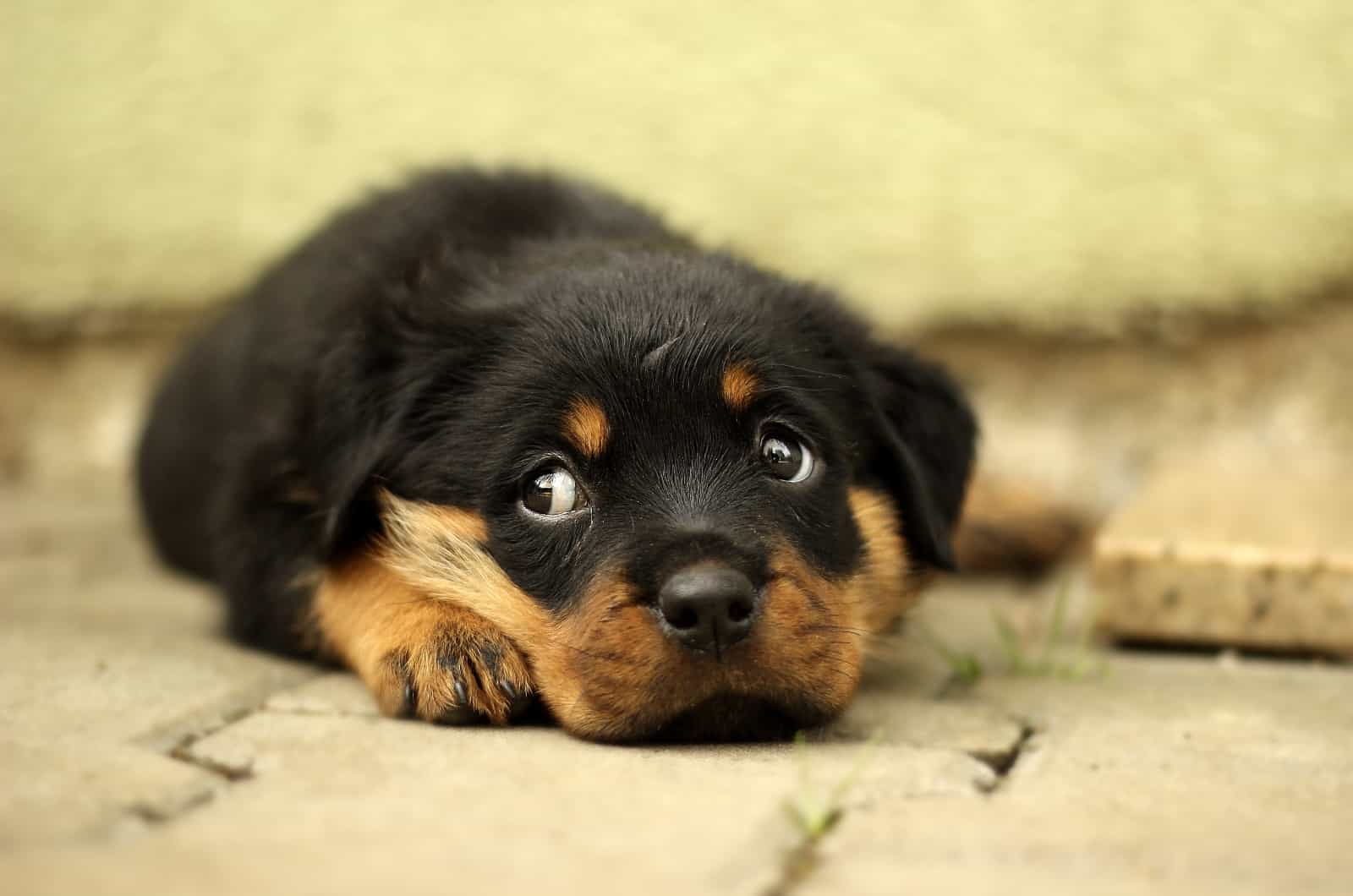
Potty training a Rottweiler puppy might seem like a daunting task at first, but it doesn’t have to be.
It’s all about planning in advance and sticking with your plan throughout. Eventually, you will achieve your goal and you will have a clean, diarrhea-free carpet!
To help you out, here are seven great tips that will set you on the right track and provide you with some guidelines.
1. Start As Soon As Possible
The perfect time to start potty training a Rottweiler puppy is right now. Well, not right now, finish reading this article first.
But seriously, you should start thinking about housebreaking your Rottie from the moment you get it from the breeder, even as early as twelve weeks of age.
This is the period of their life when they are at their most malleable, and they soak up everything you teach them like a sponge.
Take advantage of that and lay down the foundation of potty training so that you don’t encounter as much opposition later on in the process.
2. Prepare The Supplies
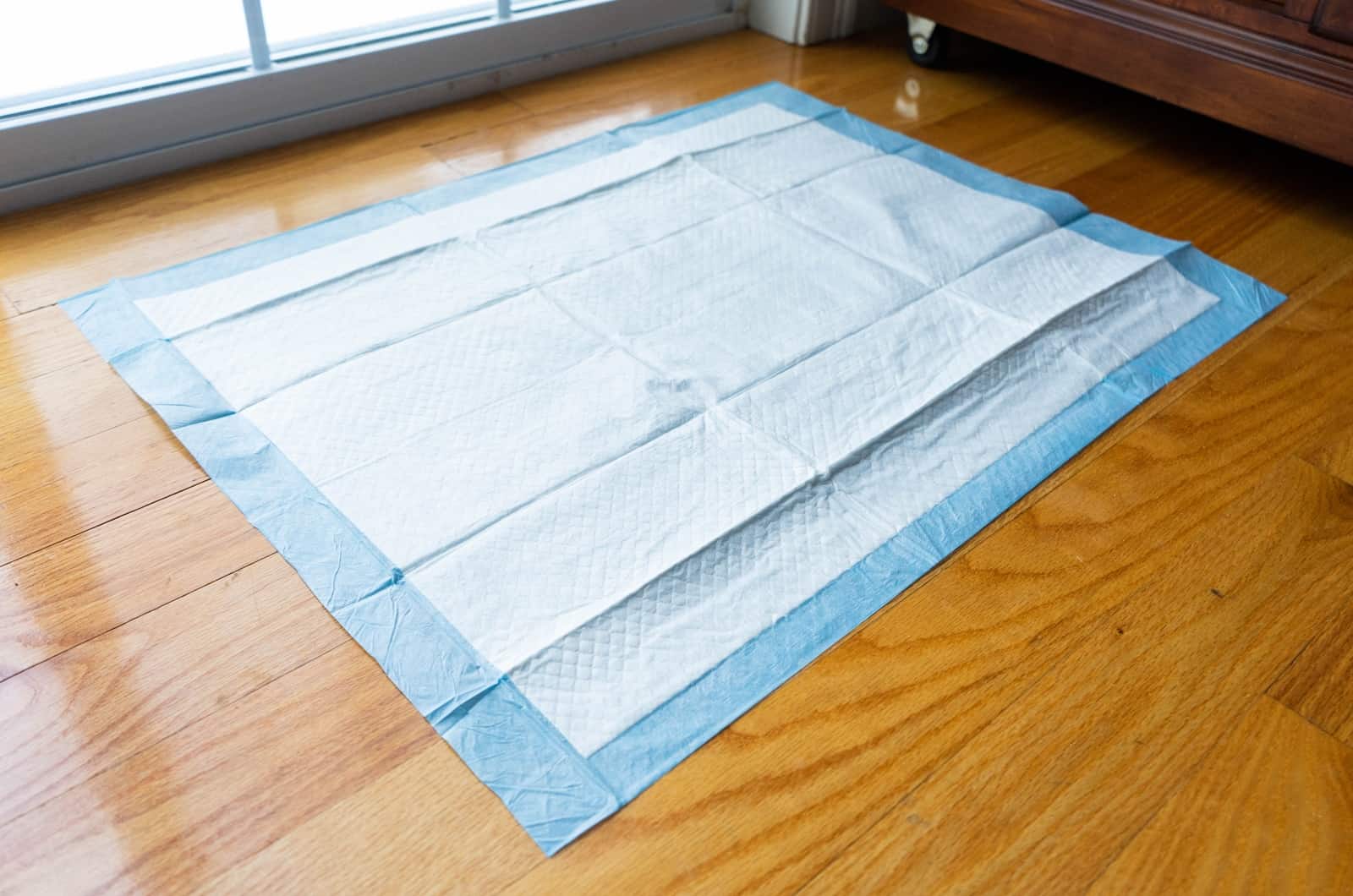
You can’t do any job properly if you don’t have the right tools.
In order to potty train your Rottweiler puppy, you will need some supplies, including a crate, a collar and leash, a bunch of tasty treats, and some cleaning supplies.
The crate is essential because it gives your puppy a safe place to be when you’re away. It will stop it from defecating inside your house.
The collar and leash are pretty self-explanatory, you can’t take your Rottie outside to do its business without them. There is also the option of putting a shock collar on your dog if you’re really struggling with it, but I wouldn’t recommend that while it’s still very young.
Treats are there obviously to serve as positive reinforcement, and cleaning supplies will come in handy for any accidents that might happen.
3. Set A Schedule
Puppies thrive on structure and that’s why it’s important to have a regular schedule as something they can reliably fall back on.
Set aside a time of day for potty training and stick to it all the way through. This will allow your Rottweiler to anticipate this period and with enough repetition, it will become a part of its habit.
Try not to miss any “appointments” throughout the whole process of potty training, as that might mess with the dog’s internal schedule.
4. Find A Spot
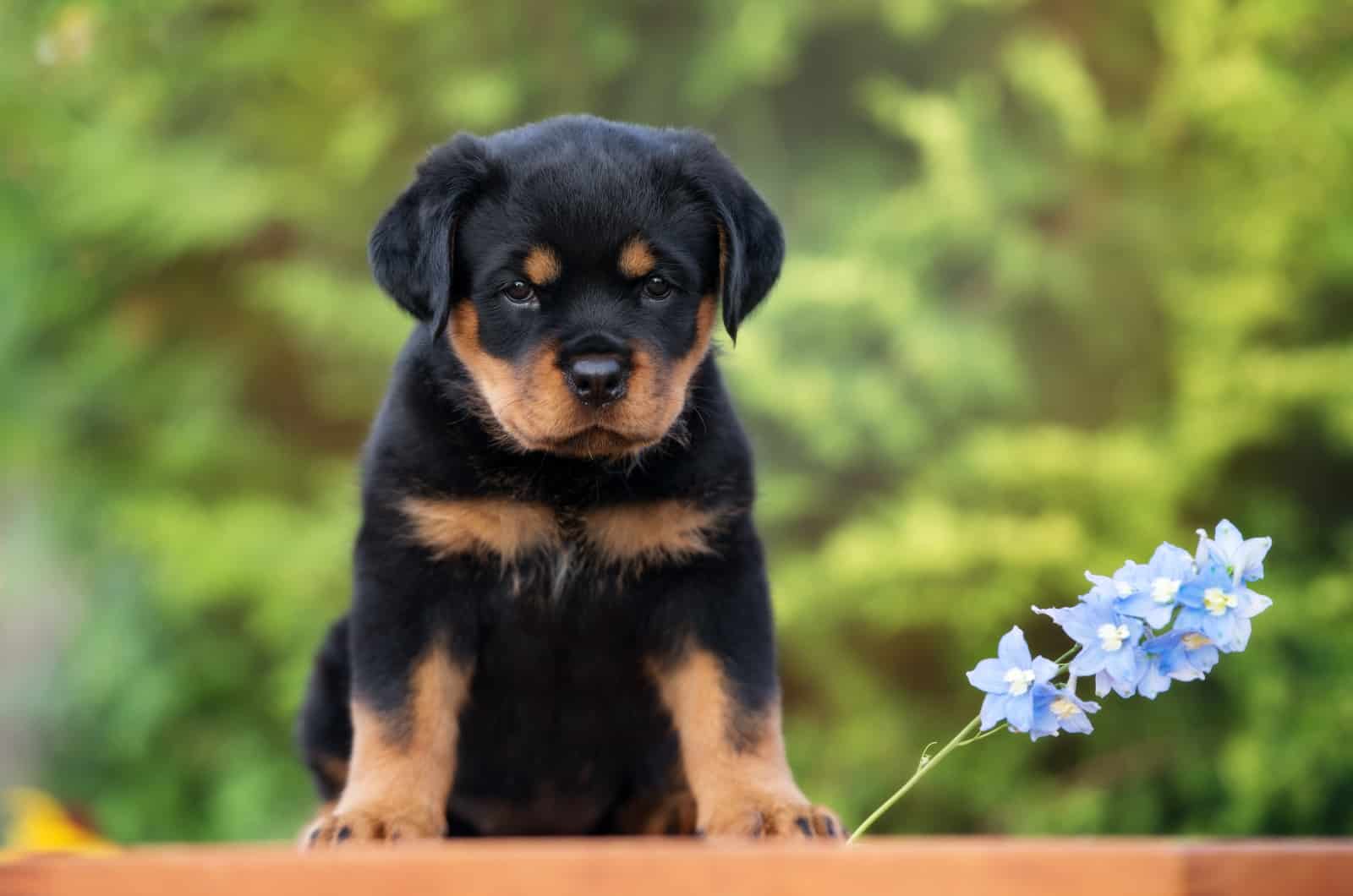
Choosing a consistent spot is just as important as choosing a consistent time for potty training.
Take your Rottweiler puppy outside on a collar and leash and have it sniff around a bit until it finds an appealing pooping spot. Once it relieves itself, make that particular location the go-to place for every subsequent time.
Next time you take your Rottie out, take it straight to that place, and don’t leave until the business is done.
5. Be Persistent
Consistency is key in teaching your dog basically anything, and that includes potty training.
There will be mishaps and you will get frustrated from time to time, but it’s important that you overcome that and make it through to the end.
That’s why setting a schedule early on is so important, not only for your Rottweiler but also for you. It will give you a sense of working toward a goal and tracking your progress along the way.
Take a look at this eager young Rottie trying its best to please its trainer. With a little effort, your puppy can do it too!
6. Reward Succesful Pooping
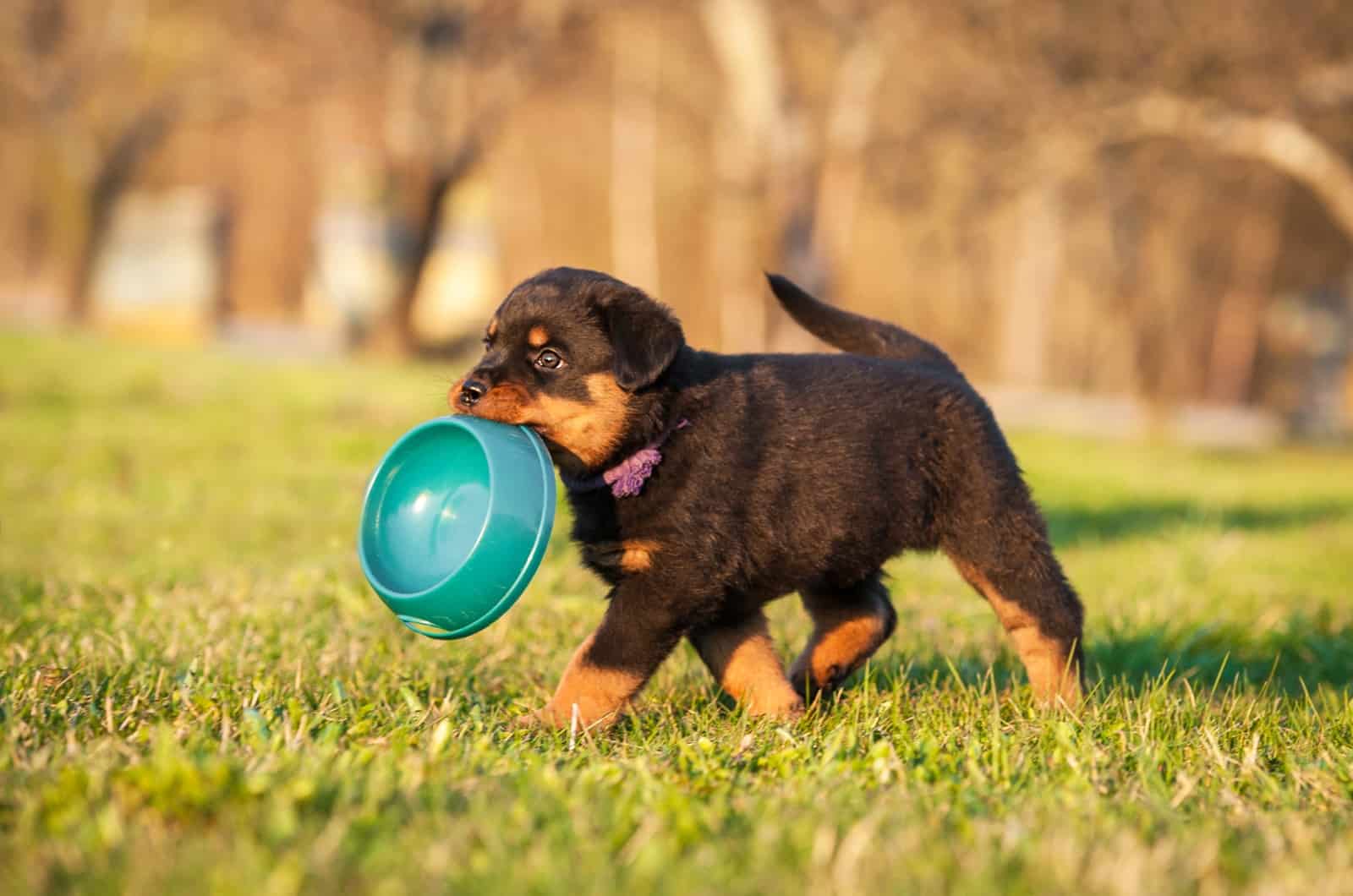
Positive reinforcement is the number one motivational tool when it comes to training your puppy.
Punishing your dog for mistakes is not only bad for its mental and emotional development, but it can also be counterproductive and lead to a regression in potty training.
Instead, learn to ignore the occasional accident and mistake, and focus on rewarding good behavior. Rottweilers live to please their owners and yours will be delighted if knows that it did something that made you happy.
When your puppy successfully poops outside, give it some encouraging words, some head rubs, and a couple of delicious treats. You will see how quickly your Rottie will want to repeat that behavior.
7. Deal With Accidents
You have to remember – there will be bumps in the road along the way. It’s not going to be all smooth sailing and there will be occasions when your Rottie poops in the house or somewhere it’s not supposed to.
Learn not to take these to heart and, more importantly, don’t physically punish your dog for them. Sure, you can give it a “bad doggie” type of finger wag and withhold some treats, but never hit your dog.
Clean up the mess and move on. Stick to the schedule. You’ve got this!
Rottweiler Puppy Potty Training FAQ
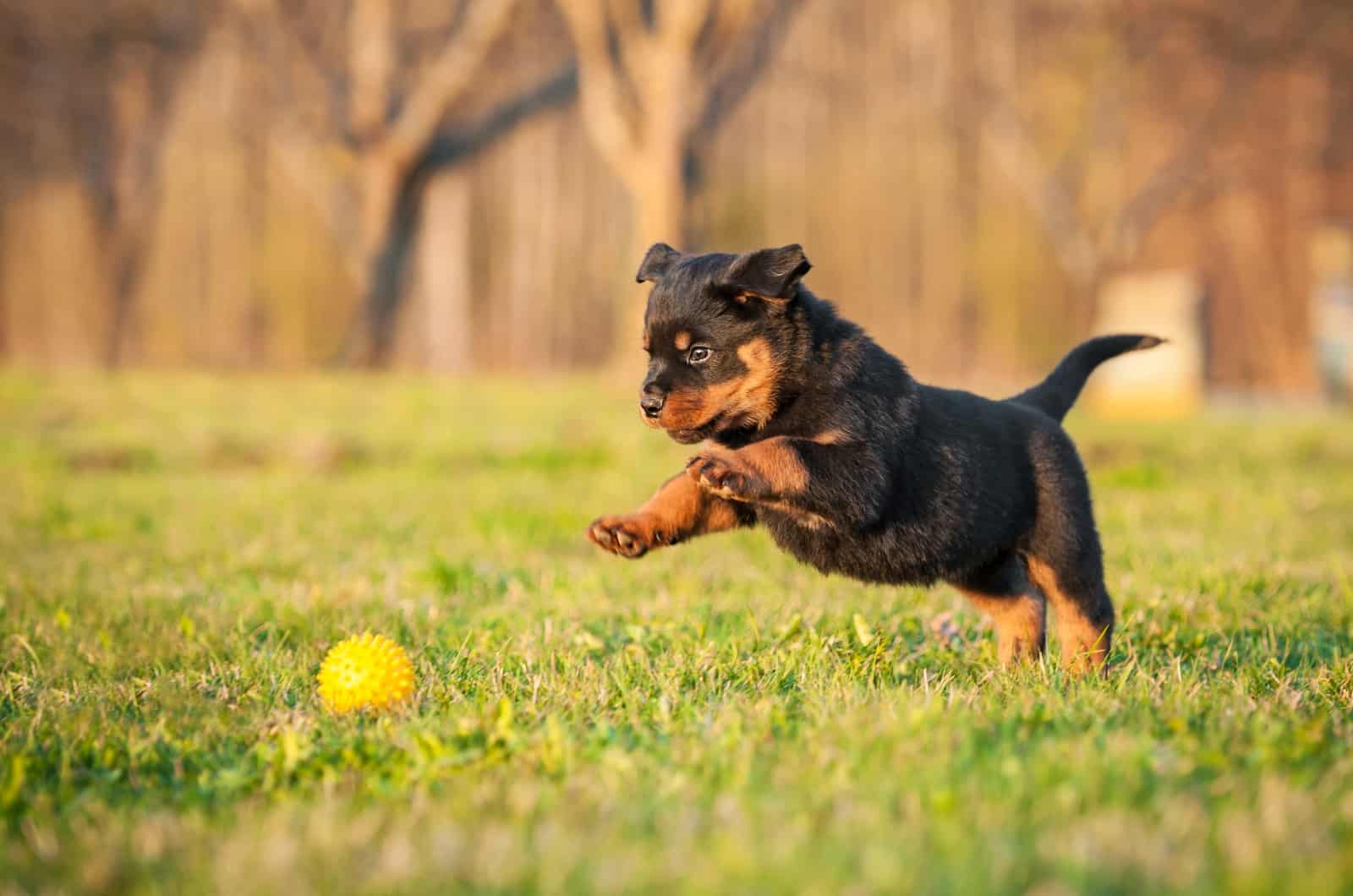
Potty training a Rottweiler is a fairly hot topic in dog owner circles and a lot of people have a lot of questions about it.
Hopefully, the seven tips that I have already listed in this article have answered some of them and helped you get a better picture of what it’s like to potty train a Rottie puppy and how you can be successful at it.
But now I want to address some of those questions and provide brief answers, just as a sort of recap of the whole thing.
The sooner the better! Ideally, you should start potty training your Rottweiler puppy around the time it’s between 12 and 16 weeks of age, but I would personally recommend that you begin as soon as you bring it home from the breeder for the first time.
As long as it can walk around and explore on its own, your puppy is basically ready to get potty-trained.
Here’s some good news – not really. Rottweilers are naturally very smart and eager to please, which is the ideal combination when you want to teach them something.
Once they figure out what is expected of them and once they know that they will get rewarded for it, Rotties will be quick to learn it.
Potty training aside, Rottweilers as a breed have some characteristics that make them a bit too difficult for first-time dog owners.
They require practically constant socialization and they don’t do very well on their own. In fact, a lack of socialization can sometimes lead to signs of aggression in Rottweilers.
Additionally, due to their impressive size and strong build, they require a high-quality diet that is full of protein, which can sometimes be quite expensive.
You should look to avoid leaving your Rottweiler puppy alone in the house if you can.
They don’t do well when they’re left to their own devices, especially at a young age. It can lead to them developing aggressive tendencies or suffering from separation anxiety.
If you’re a busy person who is away from home a lot, make sure that there is a family member or a friend always present with the Rottie while you’re not there. If you live alone or don’t have anyone available to help out, consider hiring a pet sitter.
The average price of a dog sitter in the United States is around $20 to $40 per day, which is not too much, all things considered.
Final Thoughts
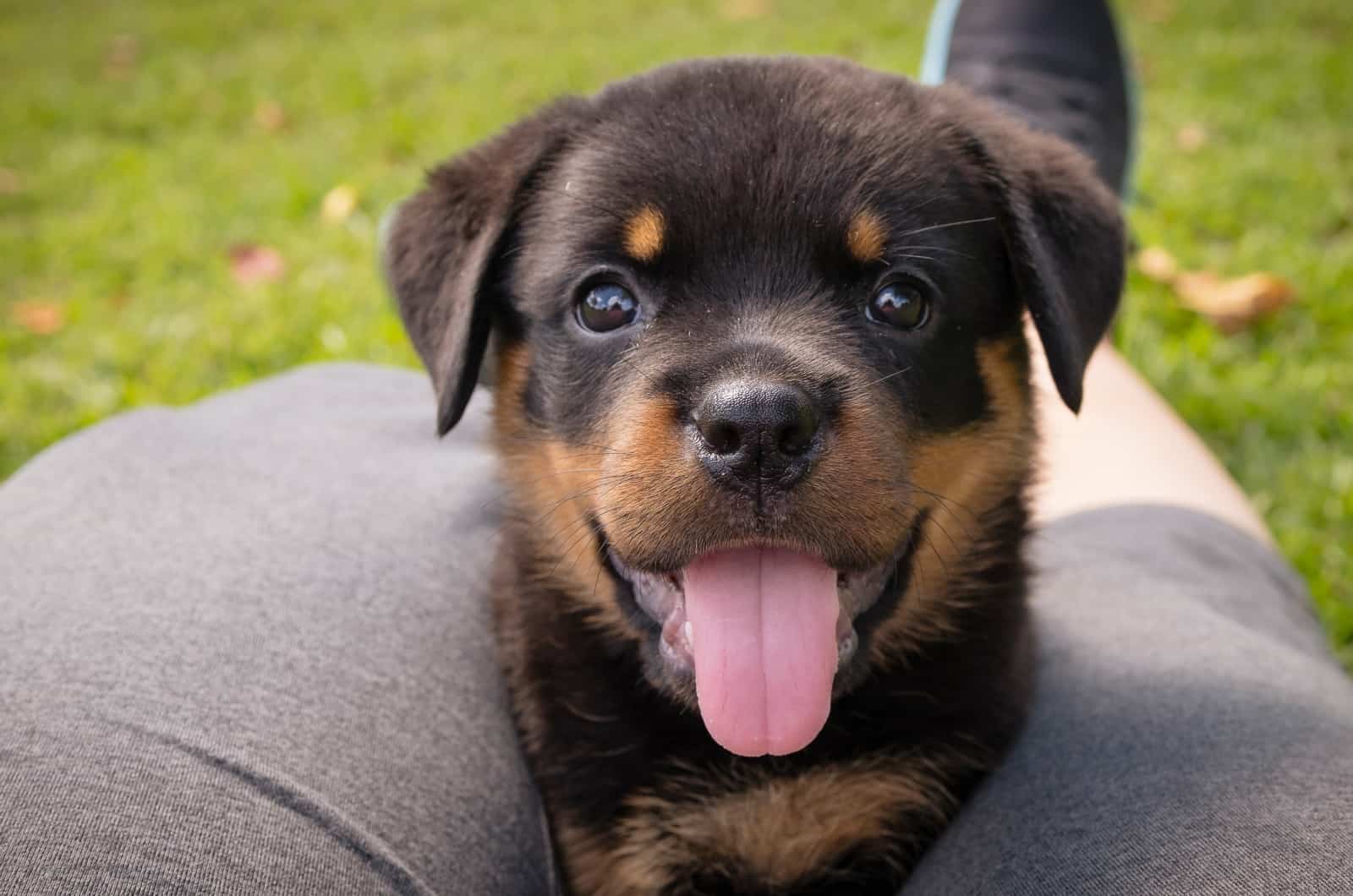
Hopefully, after reading this article you are better equipped to potty train your Rottweiler puppy.
The whole process can be a bit challenging, especially for first-time dog owners who don’t really have any experience with this stuff. The key is to be patient and persistent, and you will see the payoff in the end.
Rottweilers are incredibly intelligent and they love making their owners happy, so if you manage to housebreak them successfully, you will be rewarded with a devoted and loving companion.
Read next: Are Rottweilers Good With Kids? Should You Get A Rottie?

